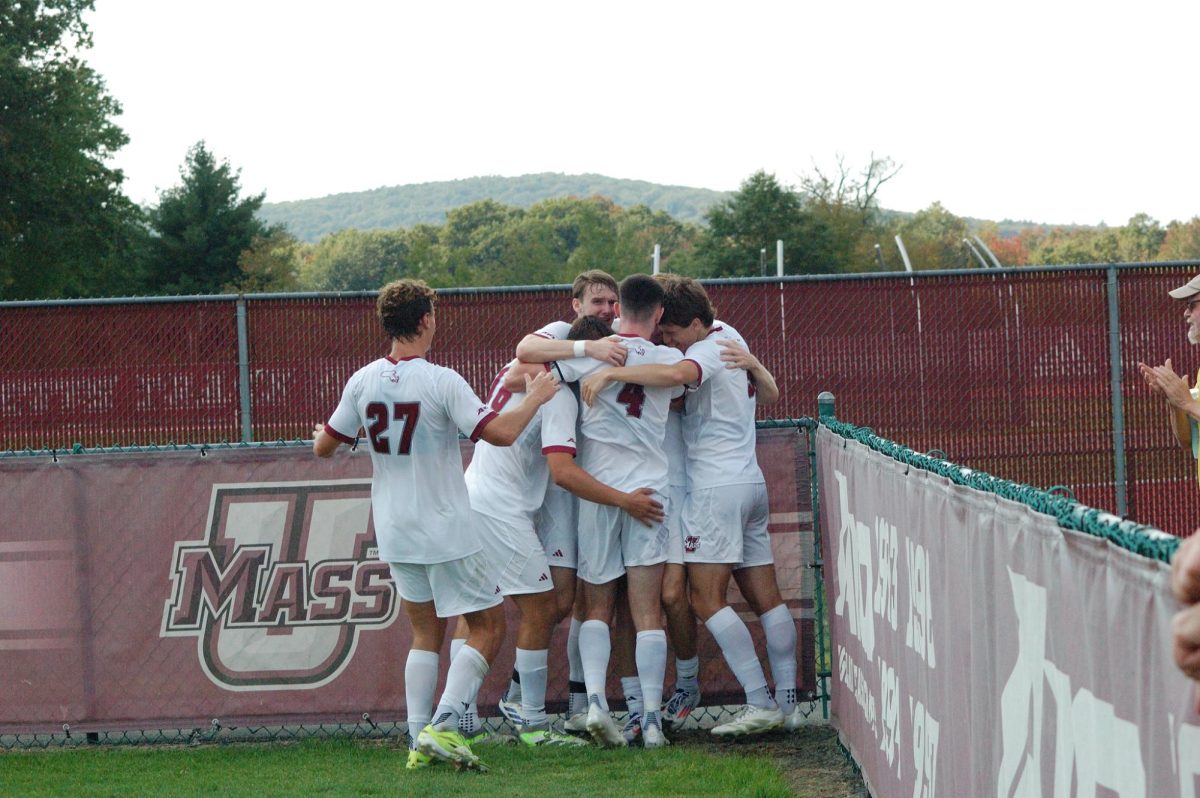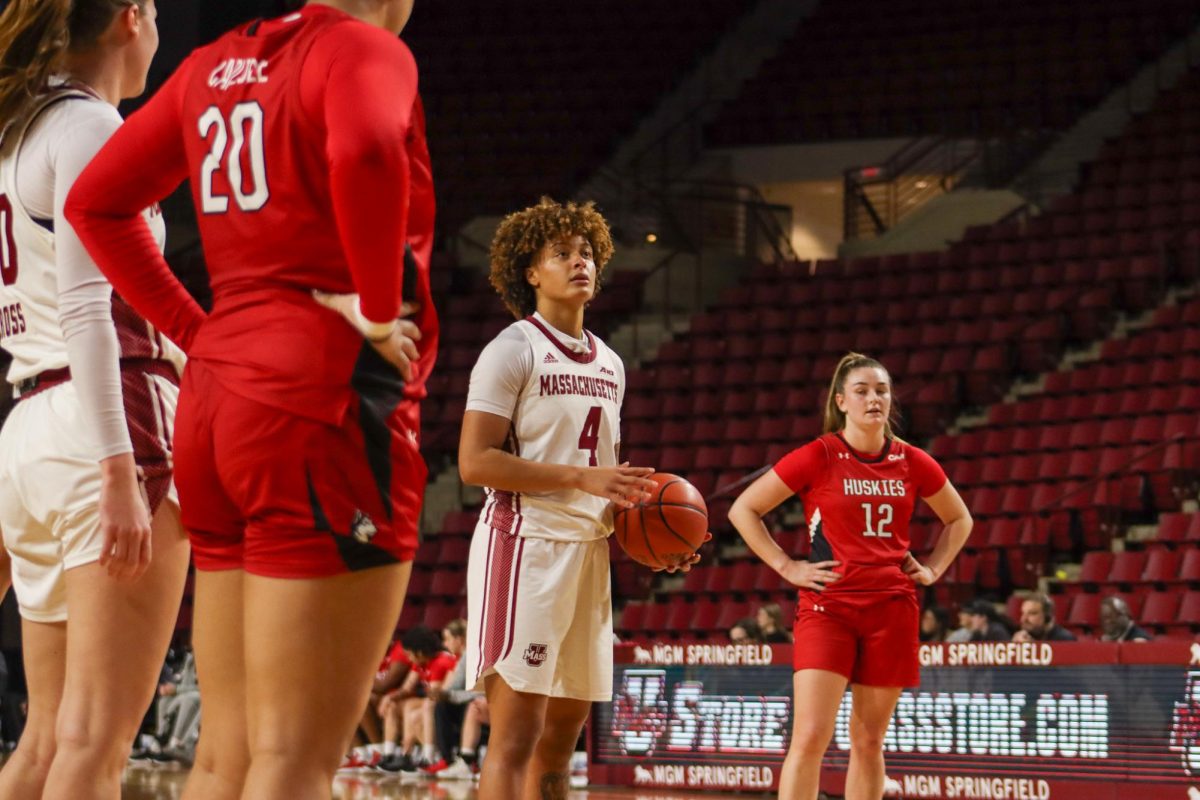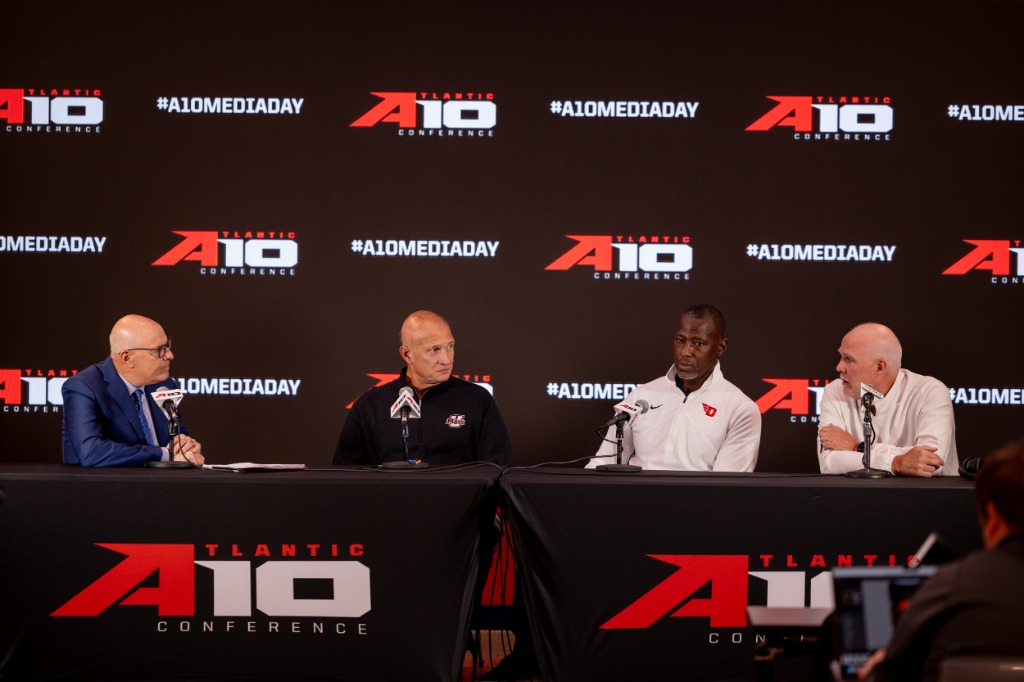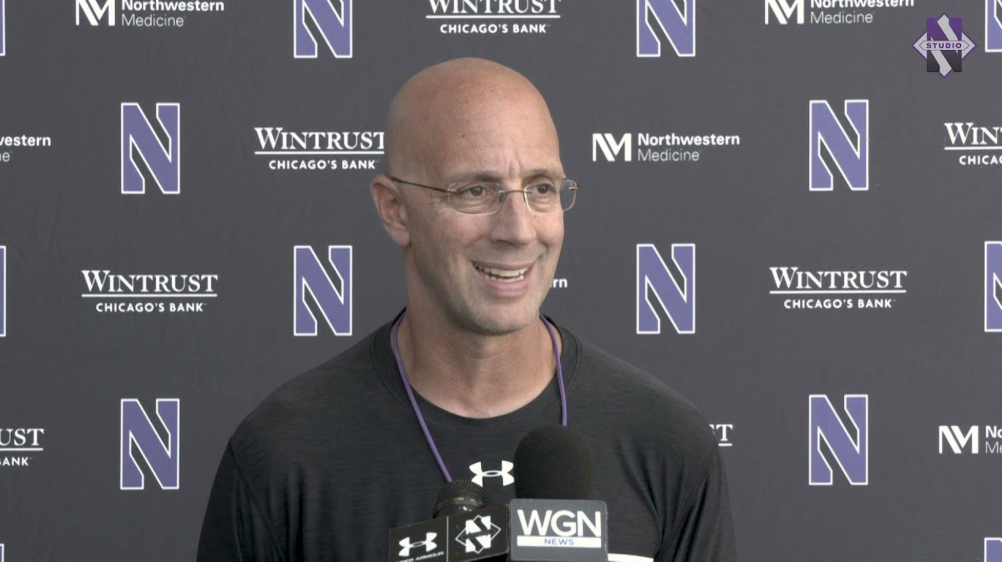A small crowd of students and professors, consisting mostly of women, gathered to watch the film “Birthright: A War Story,” which displayed the precarious state of women’s reproductive rights in the United States.
Shown on Wednesday night in the University of Massachusetts Old Chapel, the documentary, directed by Civia Tamarkin, told the stories of a number of women whose reproductive rights were endangered by laws of the American government as well as input from experts and advocates of women’s health.
Although the issue of reproductive rights in America is an especially controversial one, the film attempted to focus more on the stories of all women being affected by abortion restricting laws, not just those who seek an abortion. What struck some audience members was the subjection of women to extreme malpractice by doctors who were sometimes more concerned with the unborn child than the mother herself. The film closes with the story of an Israeli women unlawfully forced into her third cesarean section in the United States.
“It definitely ended off with a depressing tone,” said Serena Nally, a sophomore public health sciences major. “It highlighted the manipulation of power within hospitals.”
Nally continued, “At the end [of the film] they should have given some approaches viewers could take toward making progress on the issue.”
Lovishniakri Sekaran, a sophomore legal studies and social thought and political economy major, is a member of the UMass Students for Reproductive Justice, a club that is affiliated with Planned Parenthood.
“It is definitely thought provoking,” Sekaran said. “Within the current political climate we need to work with the paradigm shift. The UMass Students for Reproductive Justice works with Planned Parenthood to be up to date with the political climate and have a role in running petitions and being updated with reproductive and social justice issues.”
The star guest of the evening was Loretta Ross. Ross is a visiting associate professor at Hampshire College in women’s studies, a consultant for Smith College and a feature in the movie itself. She is also an expert on women’s issues, but this was her first time actually viewing the movie. On the movie, Ross said she appreciated the urgency of the situation depicted in this documentary but was critical of focusing solely on the misogyny aspect.
“It’s not just misogyny that thrives on this, it’s about the quest for power,” Ross explained. “And until we deconstruct the white supremacist quest for power we won’t understand what’s really going on.”
“We are heading toward a future that will look more like ‘The Handmaid’s Tale,’” she said.
Kelly Palacios can be reached at [email protected].



















